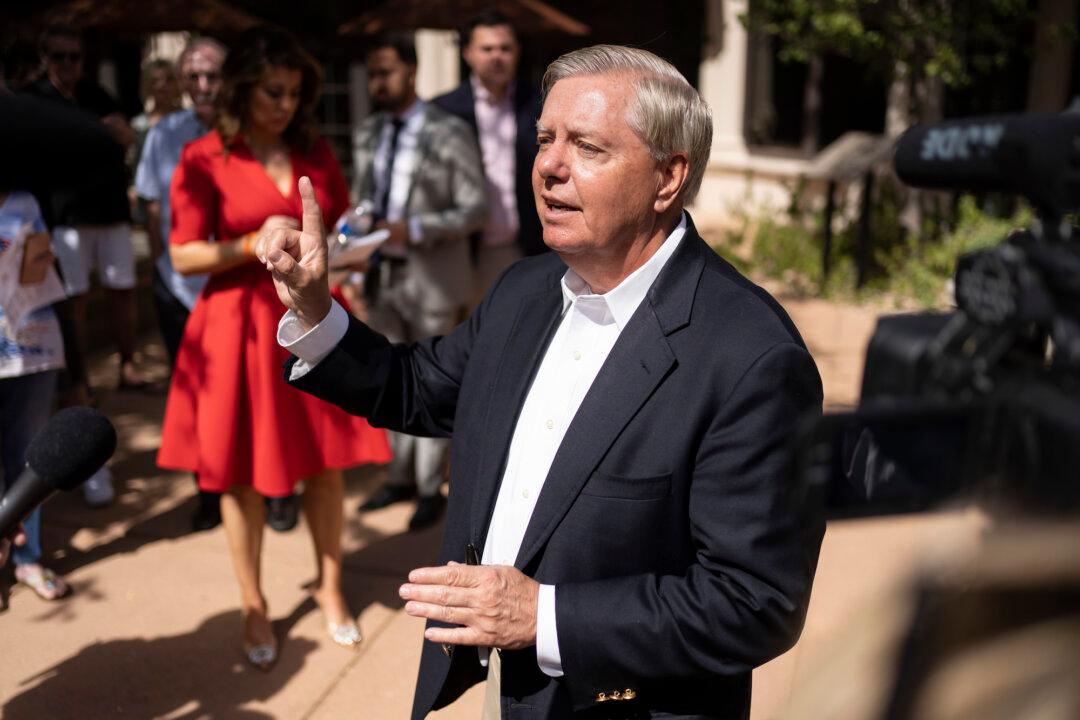Sen. Lindsey Graham (R-S.C.) on Friday asked the U.S. Supreme Court to quash a subpoena for his testimony before a special grand jury in Georgia in a probe into possible unlawful interference in the 2020 election.
Graham filed his request a day after a federal appeals court upheld a lower court ruling that the Republican senator must testify.





